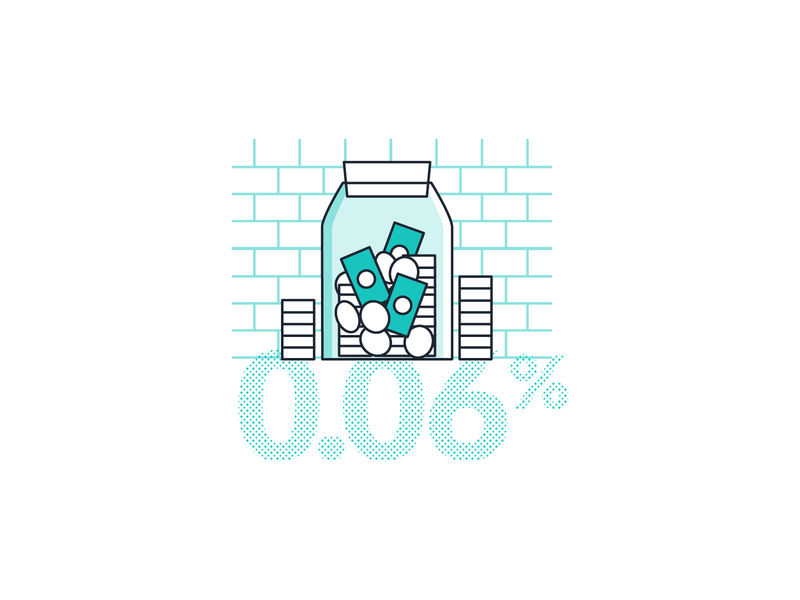Discover The Concealed Costs And Consequences Of Defaulting On A Performance Bond, And Find Out Why It's Essential To Avoid This Expensive Mistake
Discover The Concealed Costs And Consequences Of Defaulting On A Performance Bond, And Find Out Why It's Essential To Avoid This Expensive Mistake
Blog Article
Published By-
When a surety concerns an efficiency bond, it assures that the principal (the event who acquires the bond) will meet their responsibilities under the bond's terms. If the major fails to meet these obligations and defaults on the bond, the guaranty is in charge of covering any losses or problems that result.
1. Loss of online reputation: Defaulting on an efficiency bond can damage the principal's reputation and reliability, making it more difficult to safeguard future business or funding.
2. Legal and management prices: The guaranty may need to pay legal and management expenses connected with pursuing the principal for problems or attempting to fix the situation.
3. Monetary losses: The guaranty might need to cover the expense of finishing the task or offering the services that the principal stopped working to provide. surety bonds companies can result in significant financial losses for the guaranty.
4. Enhanced costs: If the principal has a background of defaulting on efficiency bonds, they might be required to pay higher premiums in the future to obtain the required bonding.
Overall, back-pedaling an efficiency bond can have serious financial effects for both the principal and the surety. It is very important for principals to carefully consider their commitments and guarantee they are able to fulfill the terms of the bond to prevent these negative outcomes.
Defaulting on an efficiency bond can be an expensive bad move for services. When you fail to satisfy the bond's responsibilities, the financial repercussions can be significant. From paying click the up coming webpage up to potential legal battles and damaged connections, the consequences can resound throughout your service operations. Recognizing the elaborate internet of financial effects that back-pedaling an efficiency bond can have is critical for securing your business's economic wellness and track record.
Financial Penalties for Defaulting
If you default on an efficiency bond, you'll likely deal with significant financial penalties. These penalties can vary relying on the terms of the bond agreement yet often entail paying the bond amount in full to the obligee. This implies that if you fall short to fulfill your legal obligations, you must pay the bond total up to the project proprietor or the entity that required the bond.
Additionally, you may likewise be in charge of any type of added prices incurred by the obligee due to your default, such as discovering a substitute contractor or covering task delays.
Back-pedaling a performance bond can also result in lawful fees and court expenses if the obligee makes a decision to take lawsuit against you to recoup the bond quantity. These expenditures can quickly build up, additional intensifying the financial effect of your default. It's vital to carefully examine and understand the regards to the efficiency bond to stay clear of these severe punitive damages.
Influence On Business Capital
Back-pedaling a performance bond can dramatically affect your company cash flow, influencing monetary stability and functional abilities. When you default on a performance bond, you risk losing the bond quantity, which can be a significant sum. related webpage impacts your cash flow, as you'll require to locate different resources of funding to cover the bond quantity. In https://www.rhinotimes.com/news/cone-health-seeks-massive-700-million-bond-offering-for-expansion/ , skipping can cause boosted scrutiny from guaranties, making it tougher and much more expensive to protect bonds in the future. This can additionally strain your cash flow as you may need to assign added resources to meet bonding needs.
The impact on your cash flow does not stop there. Defaulting on an efficiency bond can also lead to project delays or cancellations, causing a loss of revenue. Furthermore, the negative reputation that includes defaulting can discourage potential clients, further minimizing your capital. In general, defaulting on a performance bond can have destructive impacts on your service's financial health and wellness and capacity to operate smoothly.
Lawful Implications and Suits
Facing legal implications and prospective claims as a result of back-pedaling a performance bond can significantly affect your service's online reputation and monetary standing. When you back-pedal an efficiency bond, the guaranty business may take lawsuit to recoup the bond quantity paid out. This can result in expensive legal charges, court expenditures, and prospective settlements or judgments against your business.
In addition, back-pedaling a performance bond might bring about damaged relationships with clients, subcontractors, and distributors, affecting your capacity to protect future agreements. Claims occurring from bond defaults can taint your service's trustworthiness in the market, making it testing to attract brand-new partners or clients.
In addition, if the default brings about a court judgment against your company, it might cause possession seizure or liens, additionally stressing your financial security. As a result, it's crucial to recognize the legal implications of defaulting on a performance bond and take positive actions to reduce the risks entailed.
Verdict
As you deal with the effects of back-pedaling an efficiency bond, remember this: it's like walking a tightrope without a safety net. One incorrect action can send you plummeting into a monetary freefall, without any method to quit the loss.
The punitive damages, capital impact, and lawful ramifications are all waiting to capture you if you mistake. So walk meticulously, and constantly recognize your commitments to stay clear of the extreme consequences of default.
